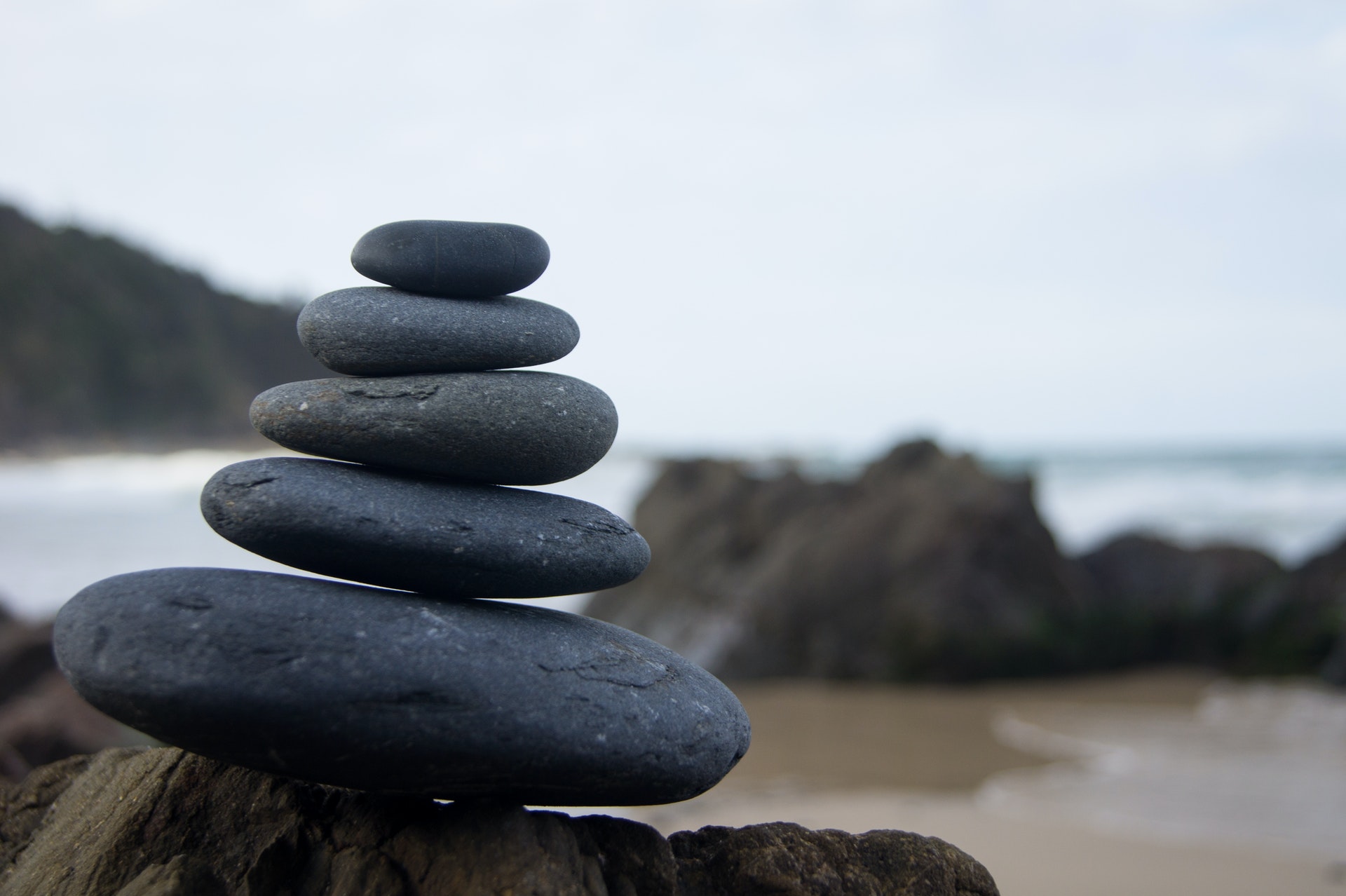June 29, 2022, 14:00 – 16:00 CET
OVERVIEW OF THE WEBINAR
So you’re a researcher. Chances are then that you are pretty busy. Firstly there’s your research. Writing proposals. Getting ethics approval. Dealing with the paperwork. Meetings. Applying for grants. Getting grants and then managing the money and the people. Writing reports. And that’s all before you even get to the actual research. Then there’s papers to write, rejection letters to deal with and conferences to attend.
And for most people research is just one of the things you do. You might teach or tutor, run demonstrations, or manage a unit or even have another completely different job.
And that’s just work. No matter how much you enjoy your research it’s a fair bet that there are other parts to your life too. For example you probably have a family or friends, you may have social commitments and you may even have some personal interests.
This workshop will describe the most useful strategies that thousands of researchers have found helpful in balancing the many demands on their time.
- how to be effective with your time
- specific strategies for coping with email overload
- picking the right things to work on
- dealing with distractions and interruptions
- how to say NO gracefully
- setting boundaries
- looking after me
Warm welcome!
ABOUT THE SPEAKER

Hugh Kearns is recognised internationally as a public speaker, educator and researcher. He regularly lectures at universities across the world including lectures at Oxford, Cambridge, Harvard, Berkeley and Stanford. His areas of expertise include self-management, positive psychology, work-life
balance, learning and creativity. He draws on over twenty five years of experience as a leading training and development professional within the corporate, financial, education and health sectors in Ireland, Scotland, North America, New Zealand and Australia. He has coached individuals, teams and executives in a wide range of organisations in the public and private sectors. Hugh lectures and researches at Flinders University, Adelaide, Australia. He is widely recognised for his ability to take the latest research in psychology and education and apply it to high-performing people and groups. As a co-author with Maria Gardiner, he has published ten books which are in high demand both in
Australia and internationally.

